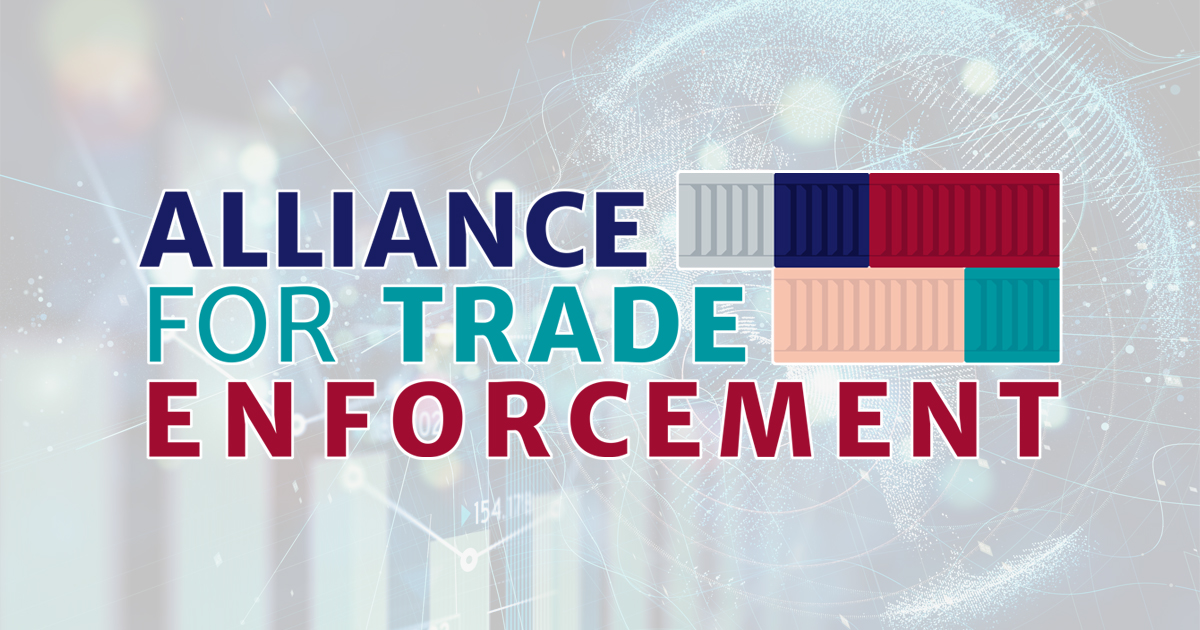|
Since 2018, Indonesia has applied customs duties on information and communication technology (ICT) products, despite having made a binding commitment at the World Trade Organization (WTO) not to apply tariffs to such products.
The WTO’s Information Technology Agreement (ITA) governs the trade in ICT products, including the duty rate that ITA participants may apply to imports of covered products. The Agreement stipulates that all 82 participant countries must eliminate tariffs on all information technology products under its domain.
Over 50 Member countries agreed in 2015 to expand the Agreement to an additional 201 products. Yet while other Member countries are expanding free trade opportunities for ICT goods, Indonesia, which has been a Member of the Agreement since 1996, is flouting its trade commitments.
Indonesia’s assessment of customs duties on certain ICT products directly violates its responsibilities under the ITA. For example, the Agreement binds member countries to the zero-duty treatment of internet routers and switches under HTS Code 8517.62. Despite this commitment, Indonesia assesses a 10% duty on this product.
Indonesia’s behavior is antithetical to the spirit and letter of the ITA, which governs trade valued at over $103 trillion per year. Zero-duty treatment is meant to ensure transparent, secure, and predictable trade of the ICT goods that are essential to today’s economy. By refusing to abide by its WTO free trade commitments, Indonesia endangers the critical supply chain for advanced information technology.
This all comes at a time when the United States is looking to expand its trade ties in the Asia Pacific region. The Alliance for Trade Enforcement urges U.S. Trade Representative Tai to bring Indonesia into compliance with its WTO commitments and ensure the country ends its burdensome customs duties on ICT products.
These duties disadvantage American businesses and American workers. While U.S. ICT exports face taxes, many products exported from China and other Indo-Pacific countries get preferential duty treatment through ASEAN free trade agreements. This forces U.S. companies to work harder to participate in the same type of trade. Indonesia must end its customs duties on ICT products and abide by the rules of the WTO Information Technology Agreement.
|


